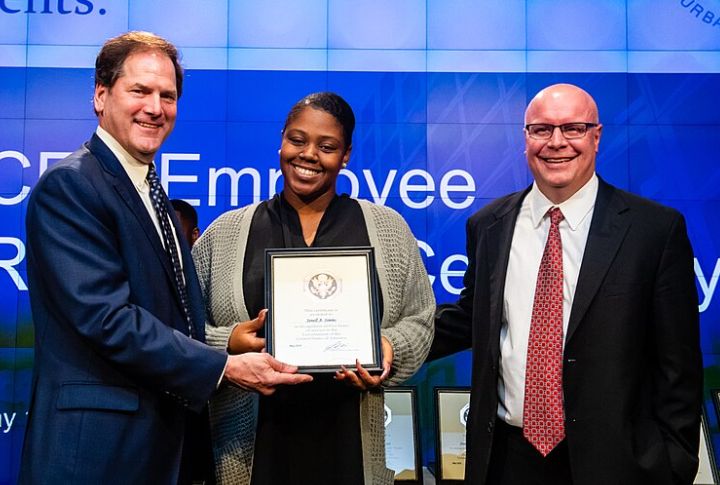
There’s a silent revolution happening in workplaces everywhere, and traditional companies are losing their best people to competitors. This is because the old rulebook, which some employers are still following religiously, is officially obsolete. So, keep reading and find out which outdated policies are sabotaging your retention efforts.
Strict 9-To-5 Work Hours

Fixed office hours from 9 to 5 represent an outdated approach to workplace management. Top performers increasingly choose progressive employers who trust them to deliver results on flexible schedules. Let’s not pretend that everyone’s productivity peaks at 9:03 AM sharp.
Mandatory Overtime Policies

Mandatory overtime policies backfire spectacularly. High performers, especially, are quick to notice when their dedication is leveraged rather than respected. The real damage? You’ll spend more money replacing burned-out employees than you ever saved from those extra hours.
Rigid Dress Codes

This should go without saying, but telling someone in 2025 they need to wear slacks to write code is, well, outdated at best. No one ever had a breakthrough idea because they were wearing khakis. Top companies trust their people to dress appropriately without micromanaging their choices.
Annual-Only Performance Reviews

Waiting a whole year to tell someone how they’re doing? That’s just bad management. Your employees are sitting there wondering if they’re crushing it or about to get fired. Smart companies give feedback regularly, so people actually know where they stand and where to improve.
No Parental Leave Or Minimal Leave Policies

New parents need meaningful time with their babies—it’s not negotiable anymore. And should your company not give enough leave, good workers will find jobs at places that do. It’s a basic business: treat people well, and they’ll want to stay.
Strict Hierarchical Structures

When you have to ask five different managers before making any decision, nothing gets done. Modern companies cut out the middle management maze. They let talented people communicate directly with leaders and make decisions fast. You’ll notice that the results speak for themselves—speed wins.
No Professional Development Opportunities

You can’t expect people to grow your company if they feel like they can’t grow in your company. When there’s no path forward—no training, no mentorship, no upskilling—top performers start looking sideways. Or worse, they coast. Wanting to evolve is a natural curve, so nurture it.
Limited Diversity And Inclusion Initiatives

Ignoring diversity and inclusion efforts makes your company less attractive to top talent. Smart team members seek workplaces where everyone belongs and different perspectives are valued. Better inclusion means better ideas, better solutions, and eventually, higher staff retention rates.
No Recognition Or Reward Programs

No recognition programs mean valuable team members feel invisible and unappreciated. Modern workers want regular feedback and celebration of their contributions. Organizations that only provide annual bonuses are missing daily opportunities to keep people engaged and motivated through consistent appreciation.
Manual, Paper-Based HR Processes

Manual HR processes waste time and create unnecessary friction for employees trying to do simple tasks. Smart companies use digital systems where people can instantly request a vacation or update information online. It’s a basic convenience that modern workers absolutely expect.
